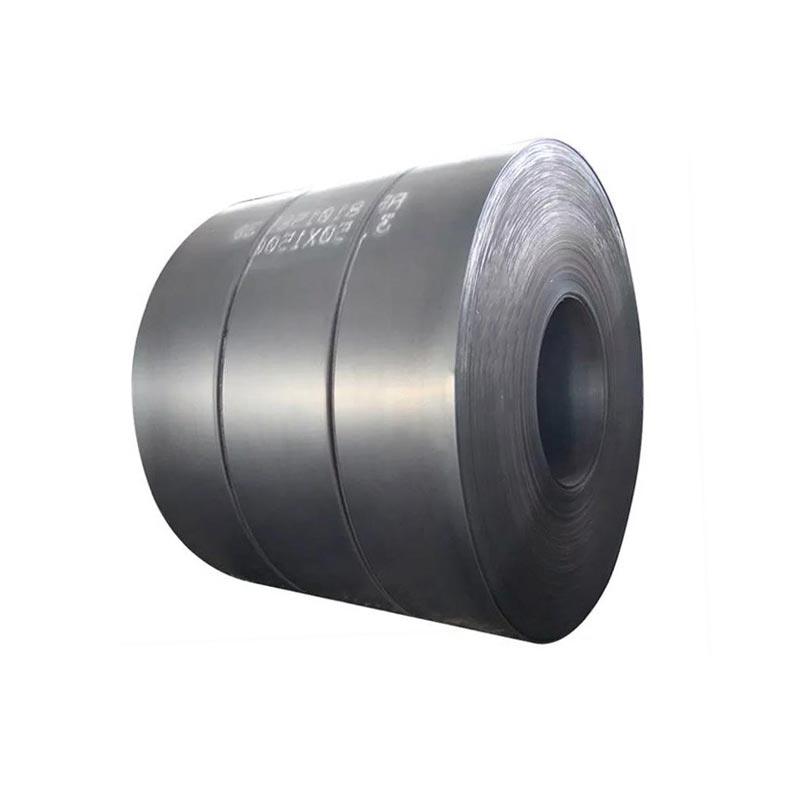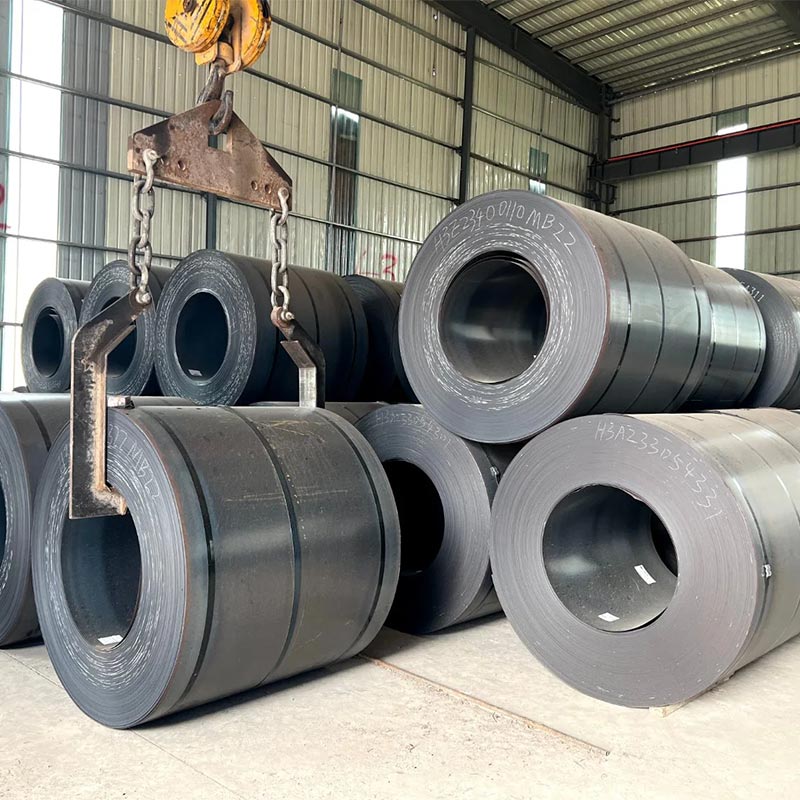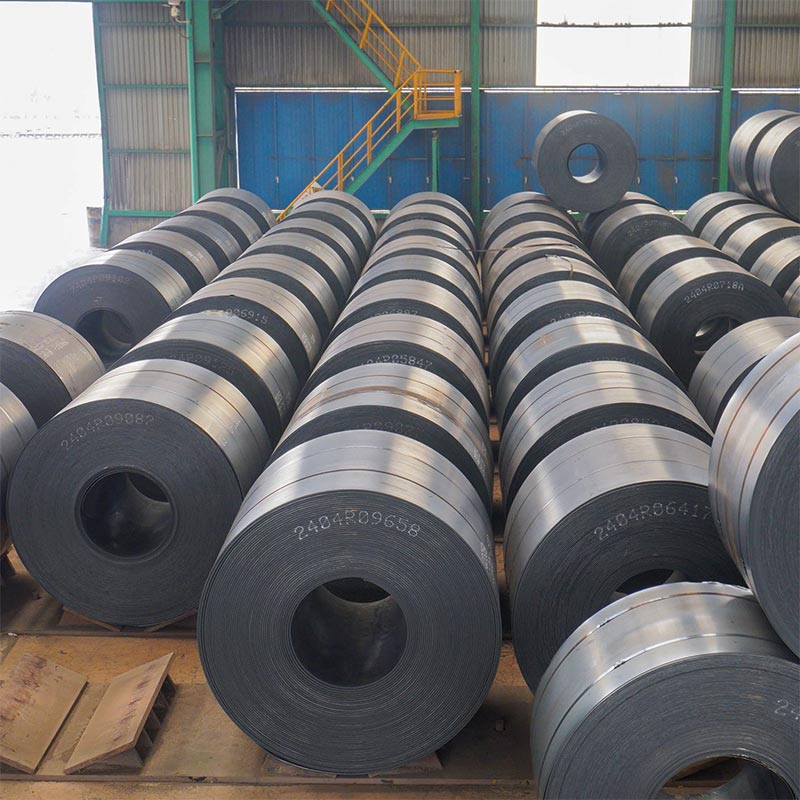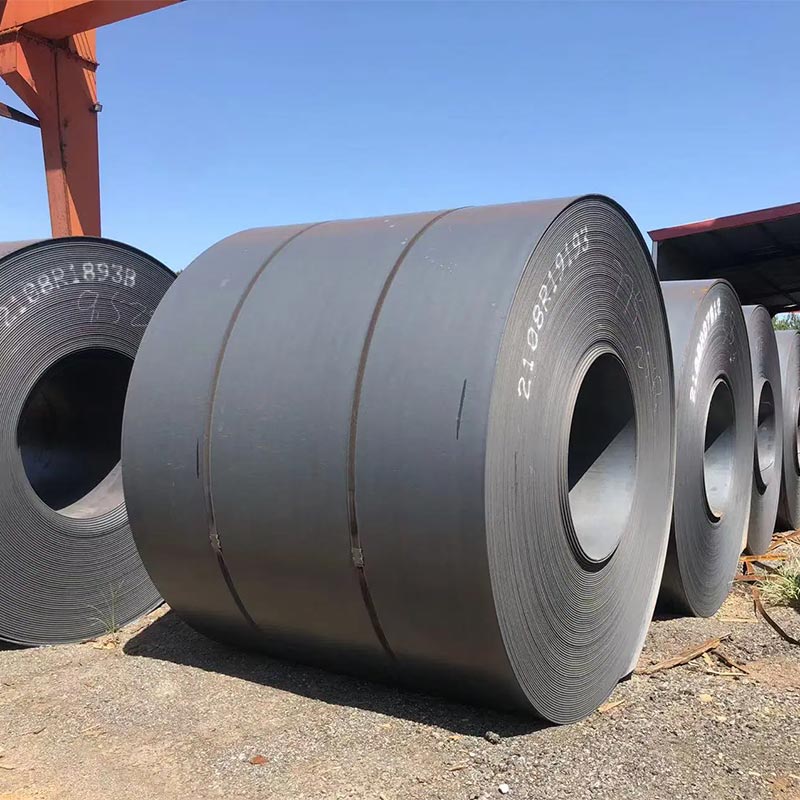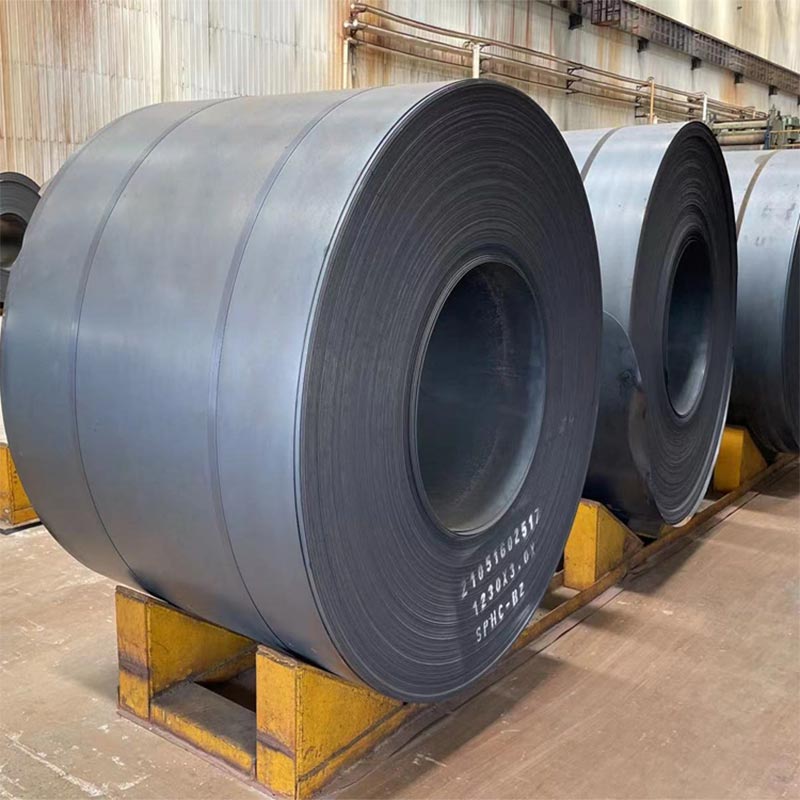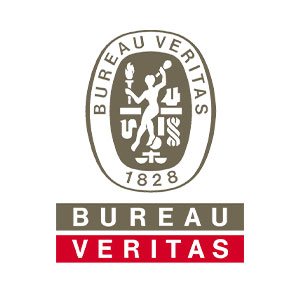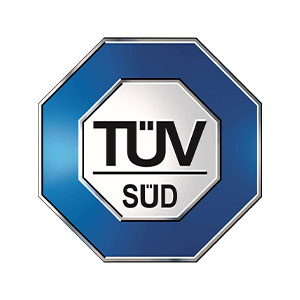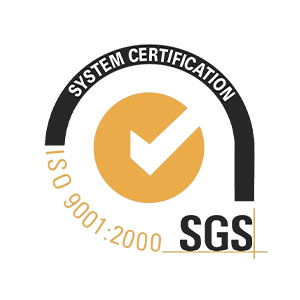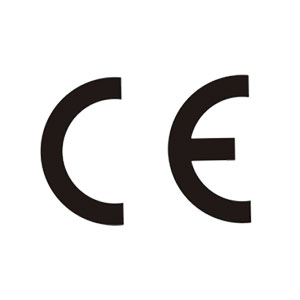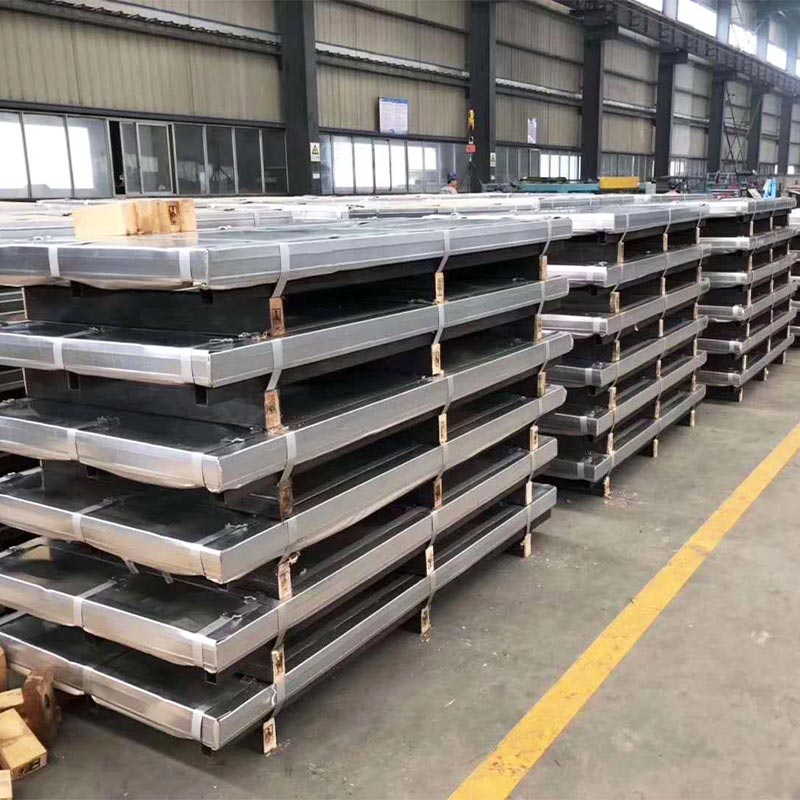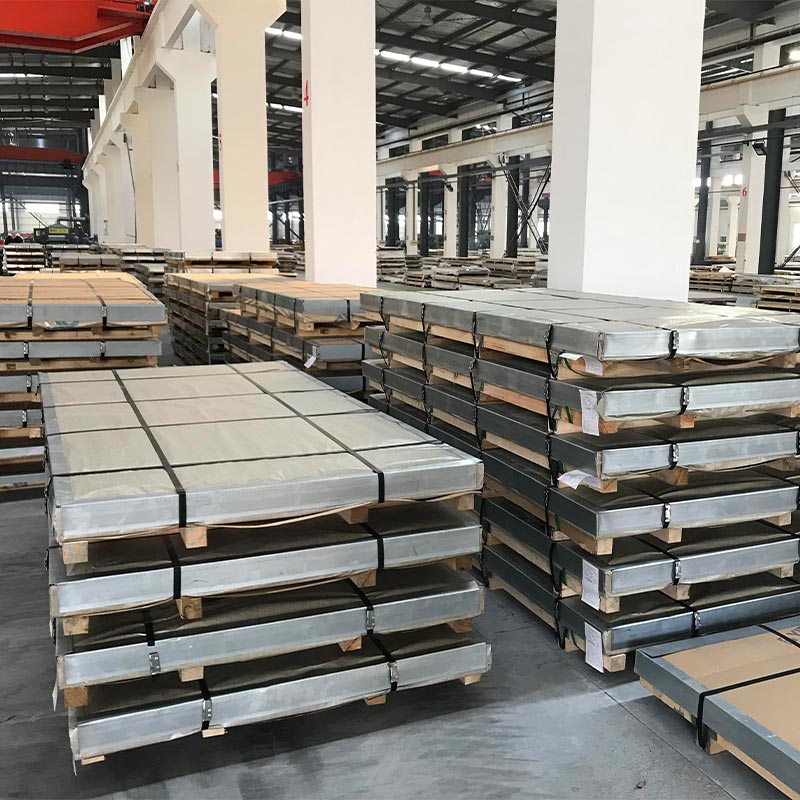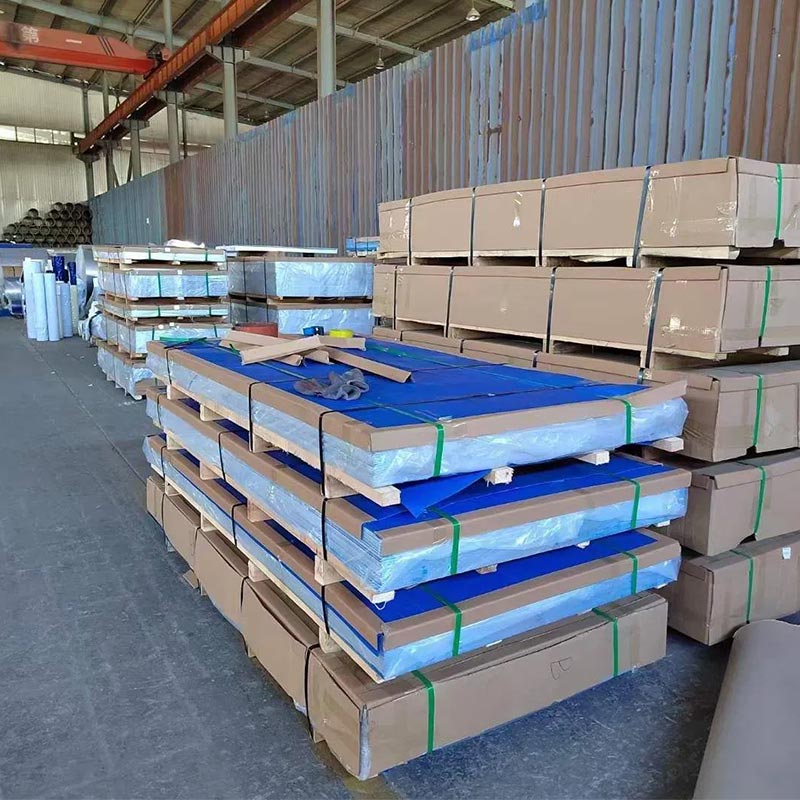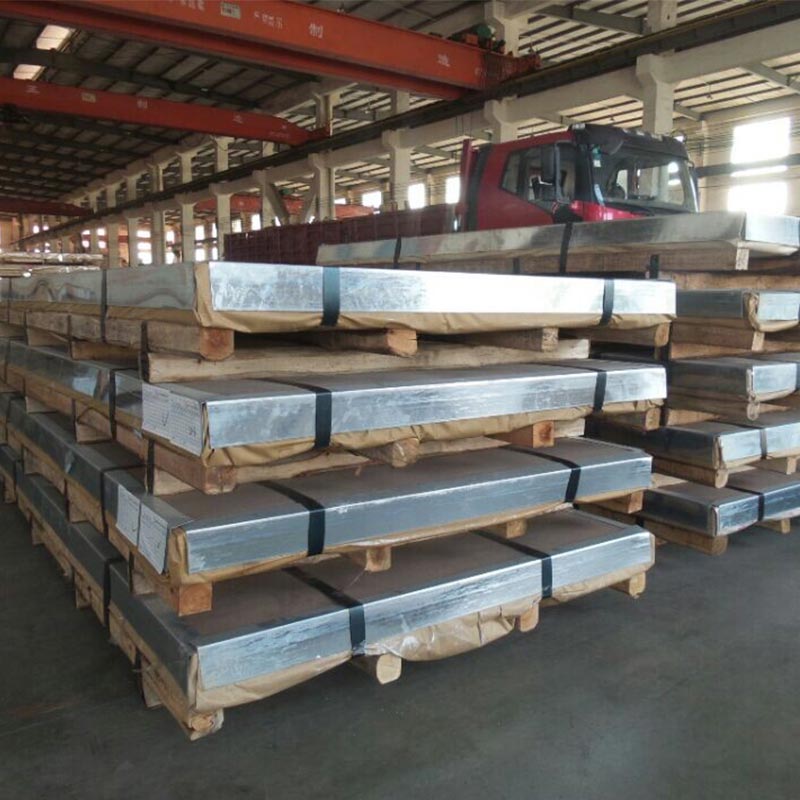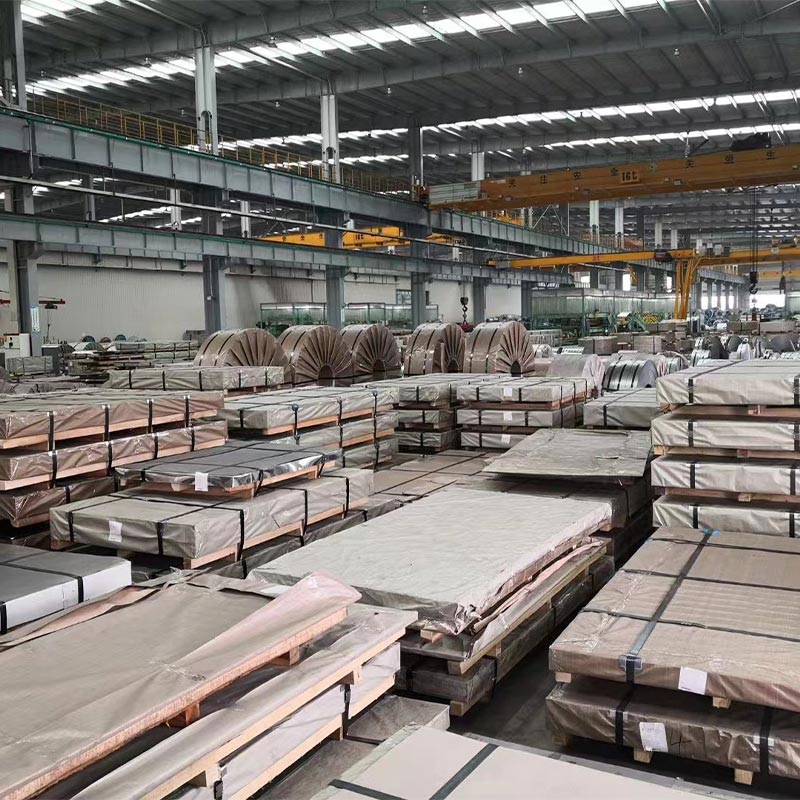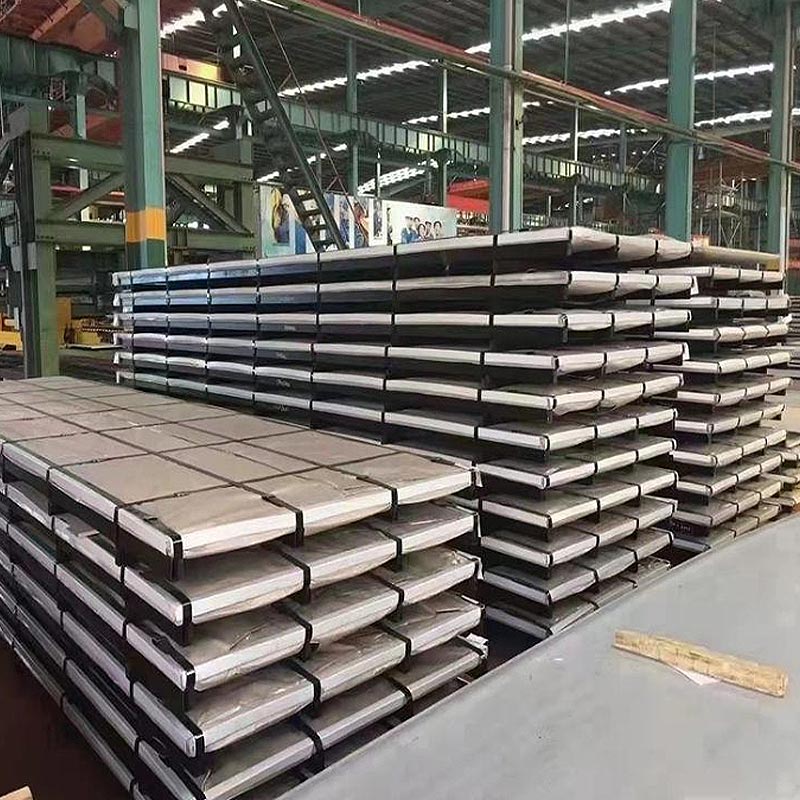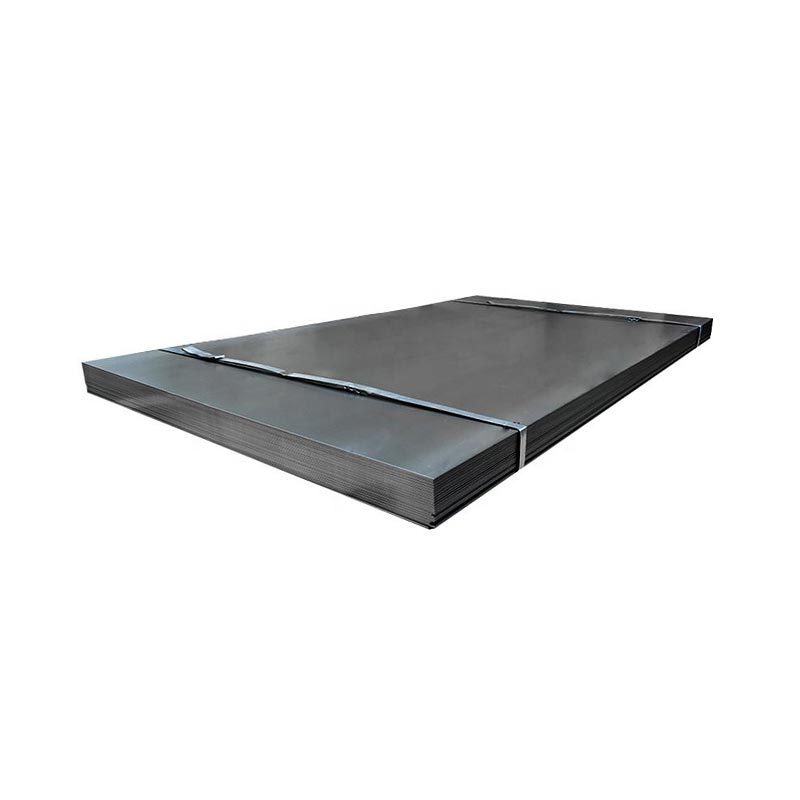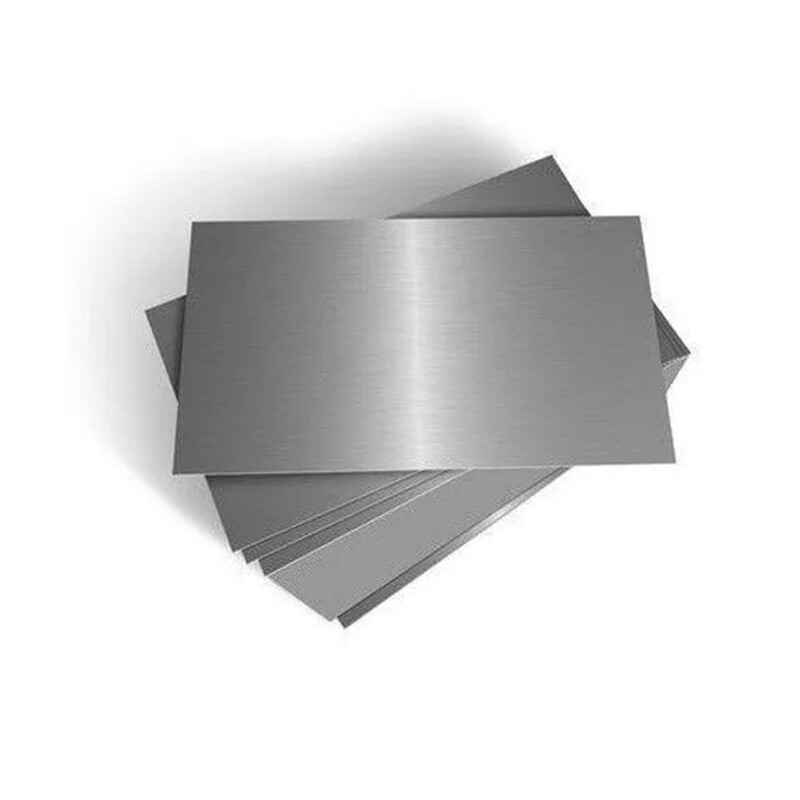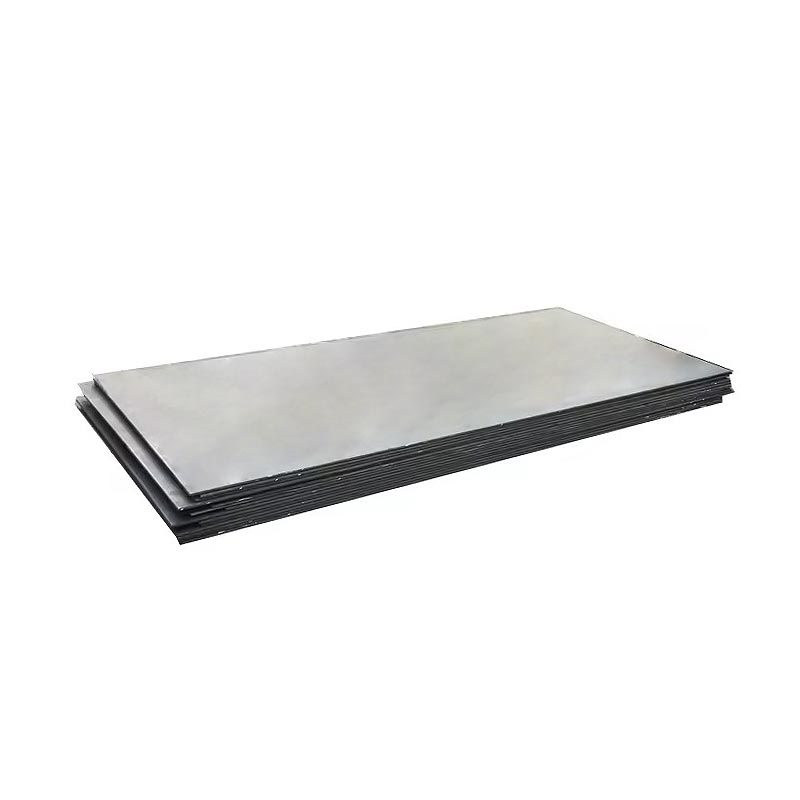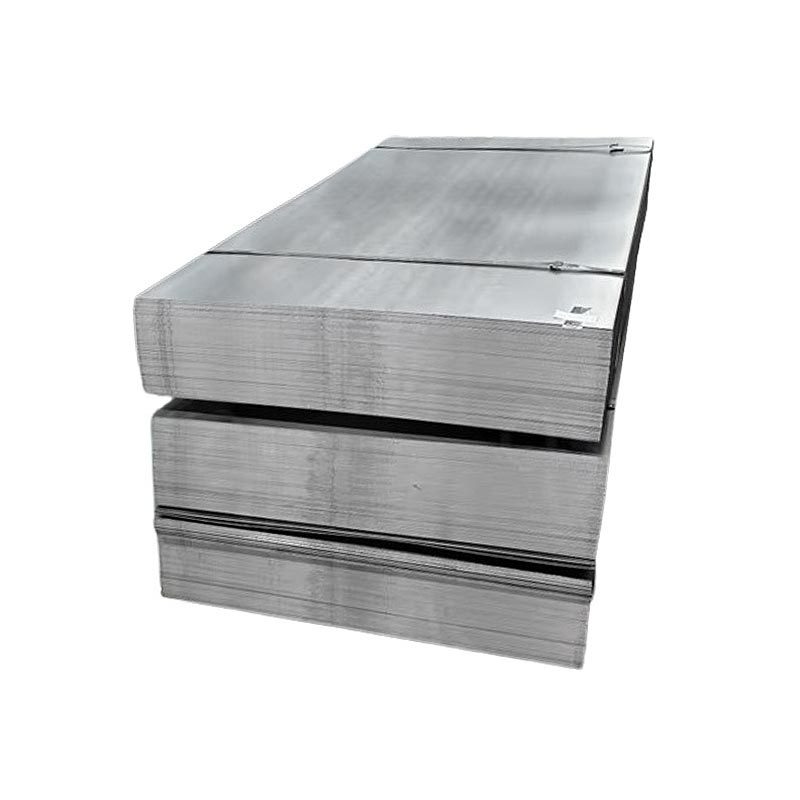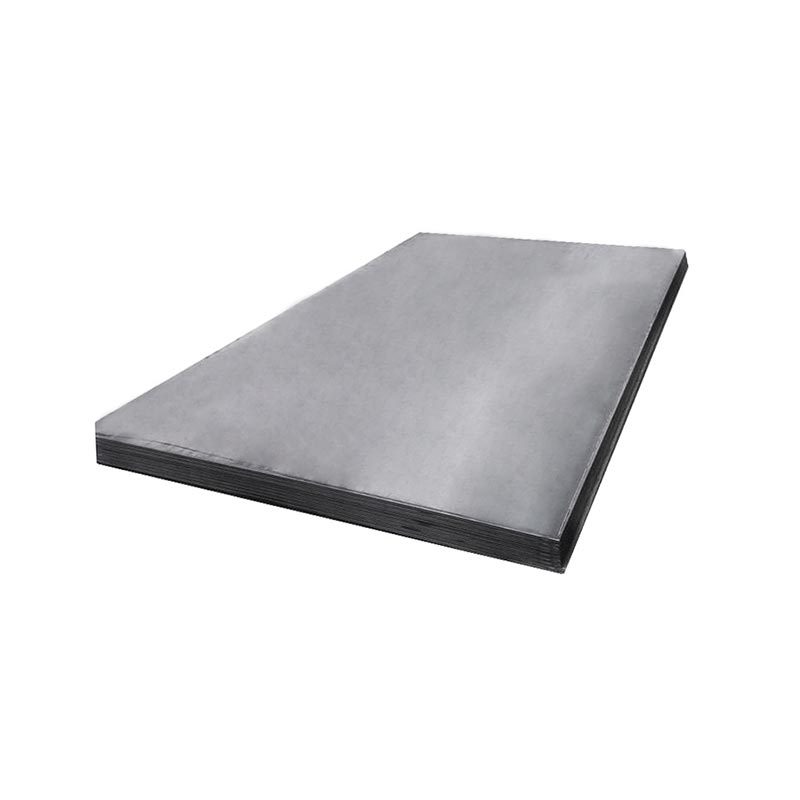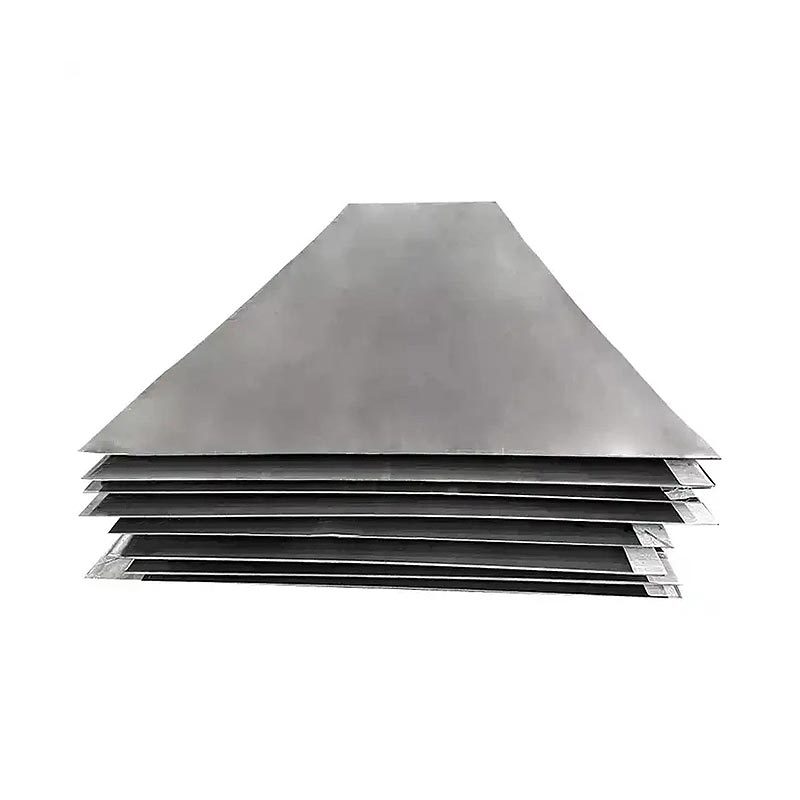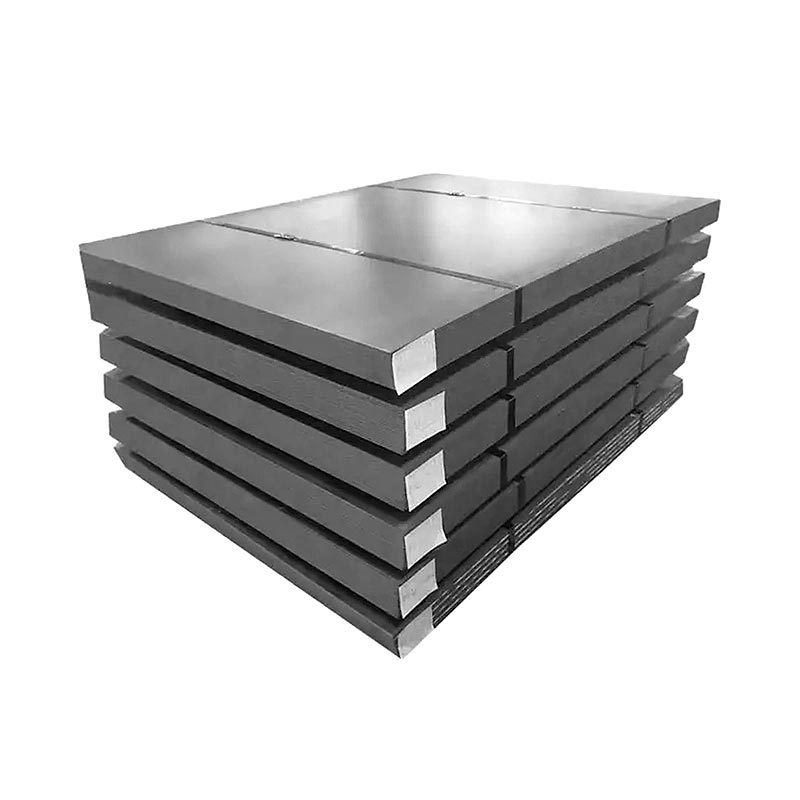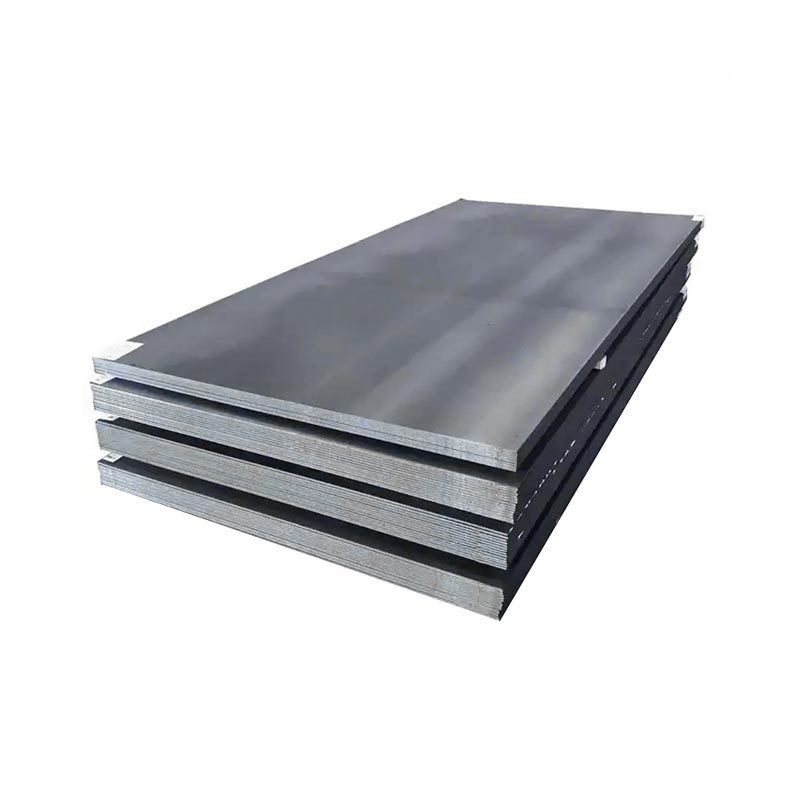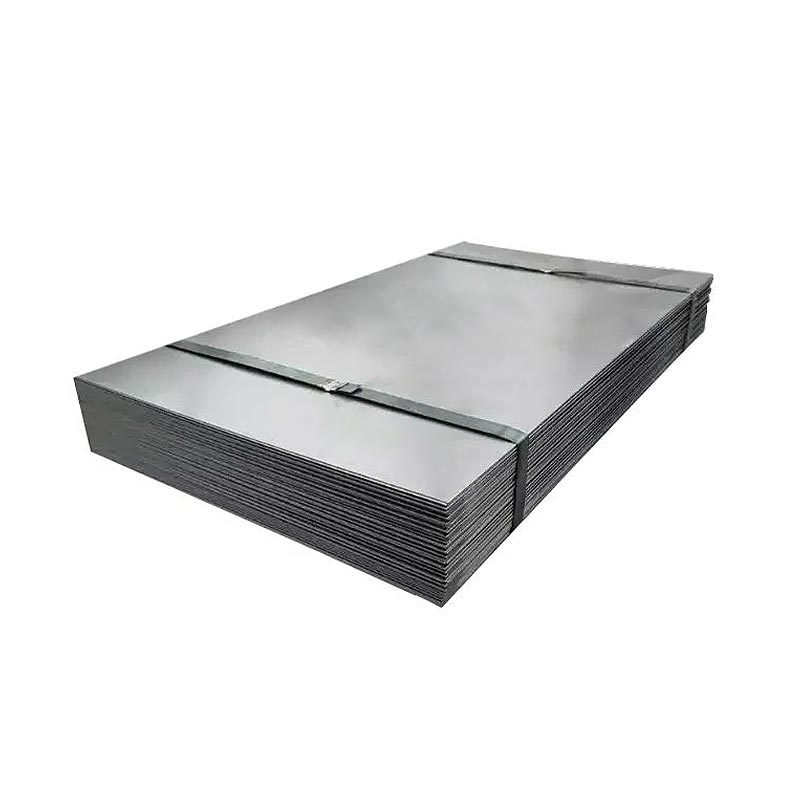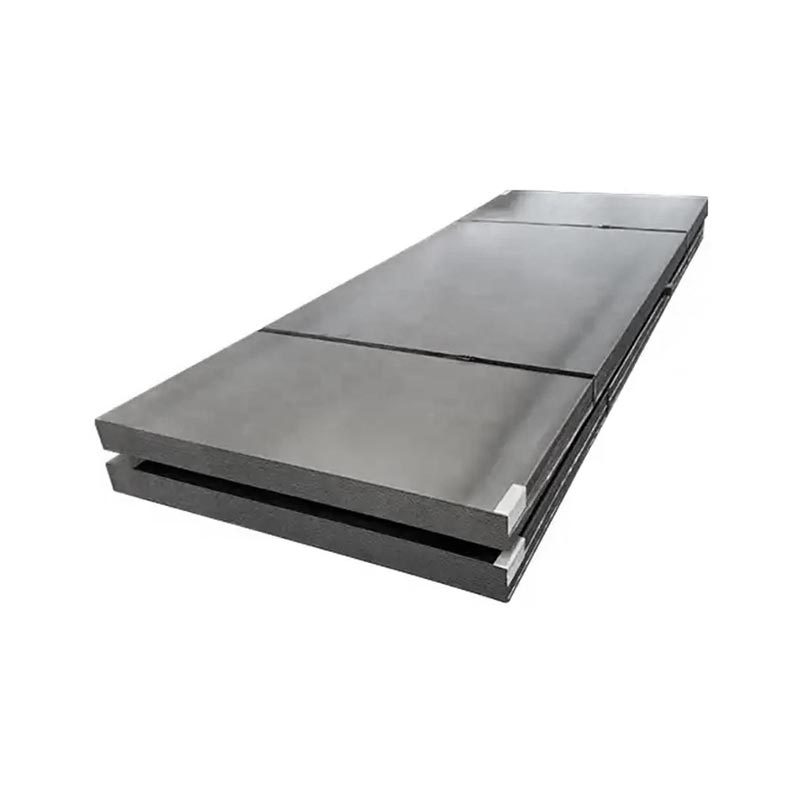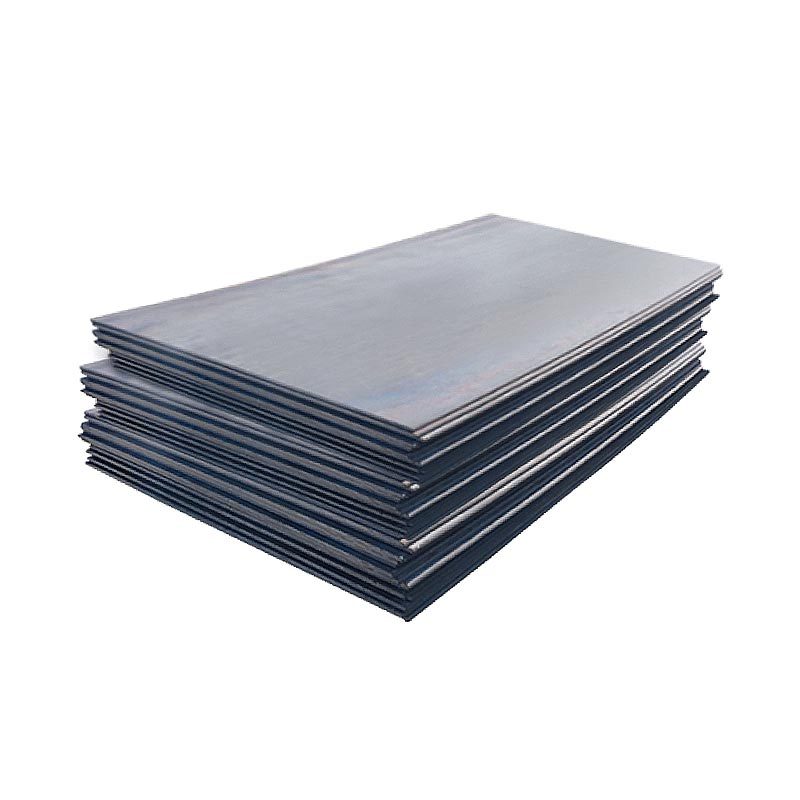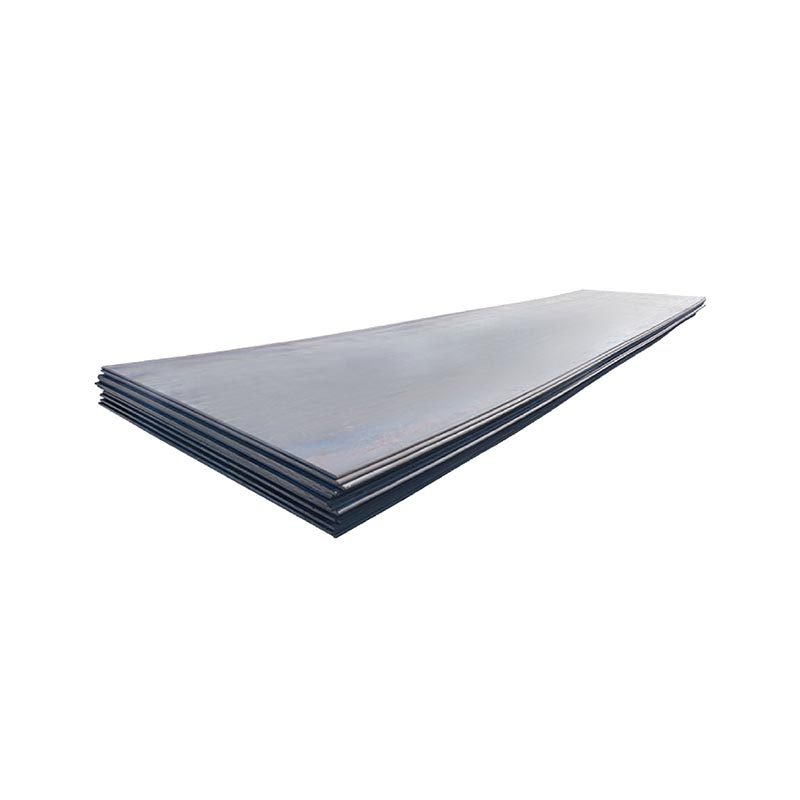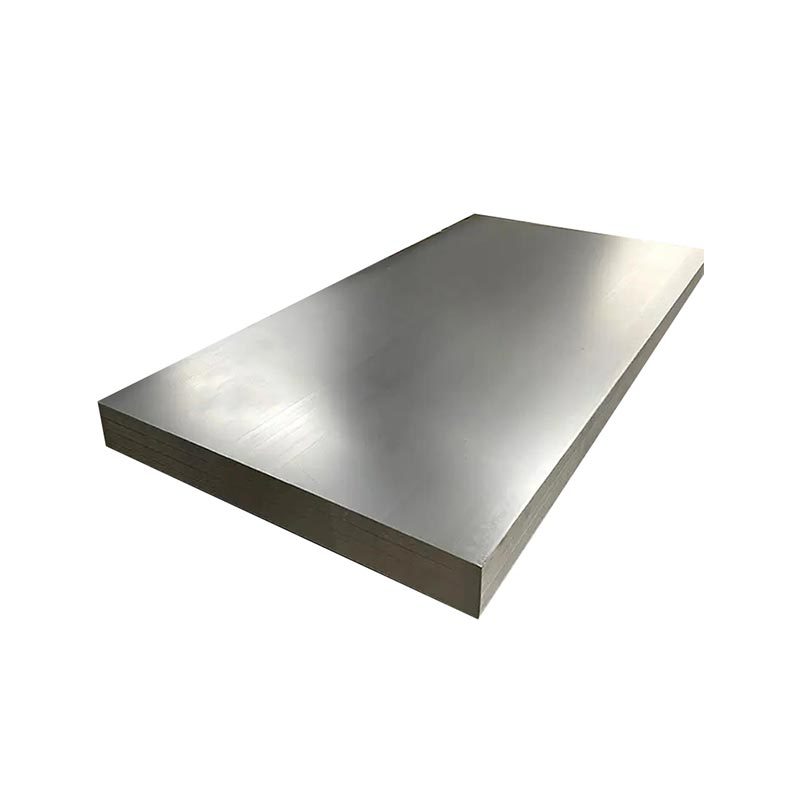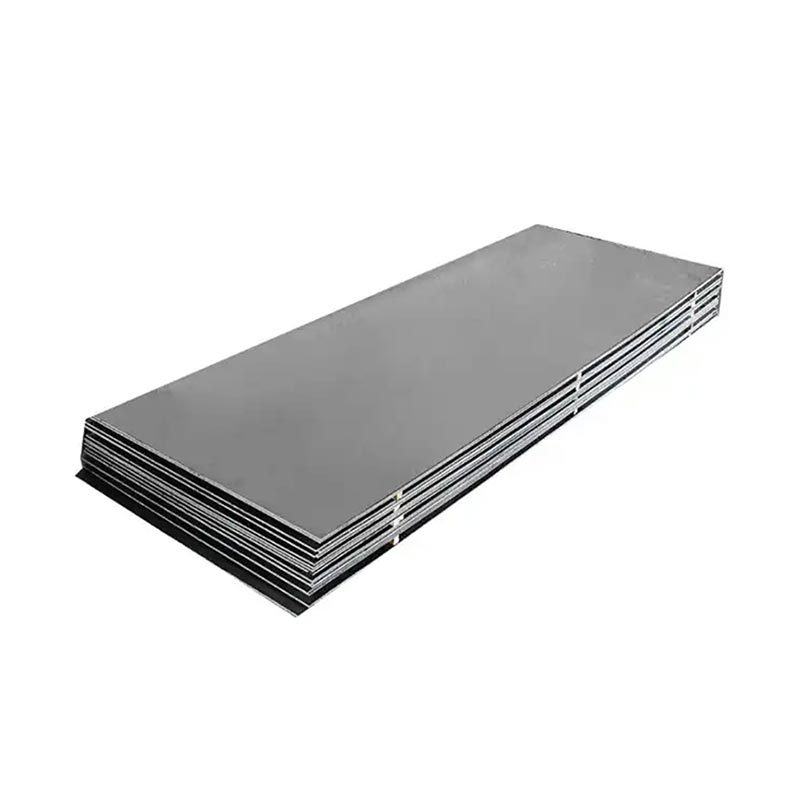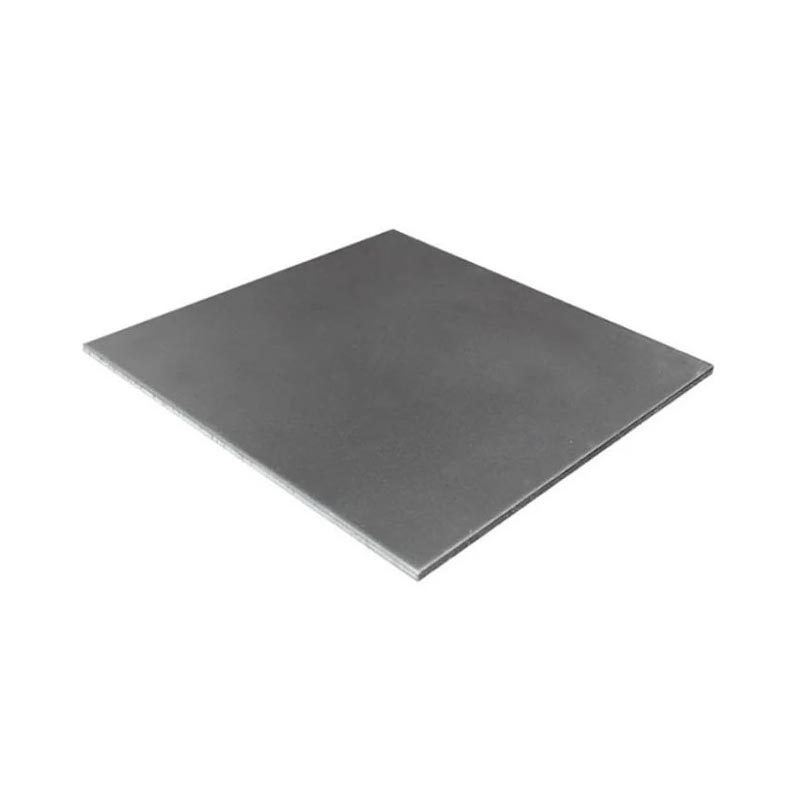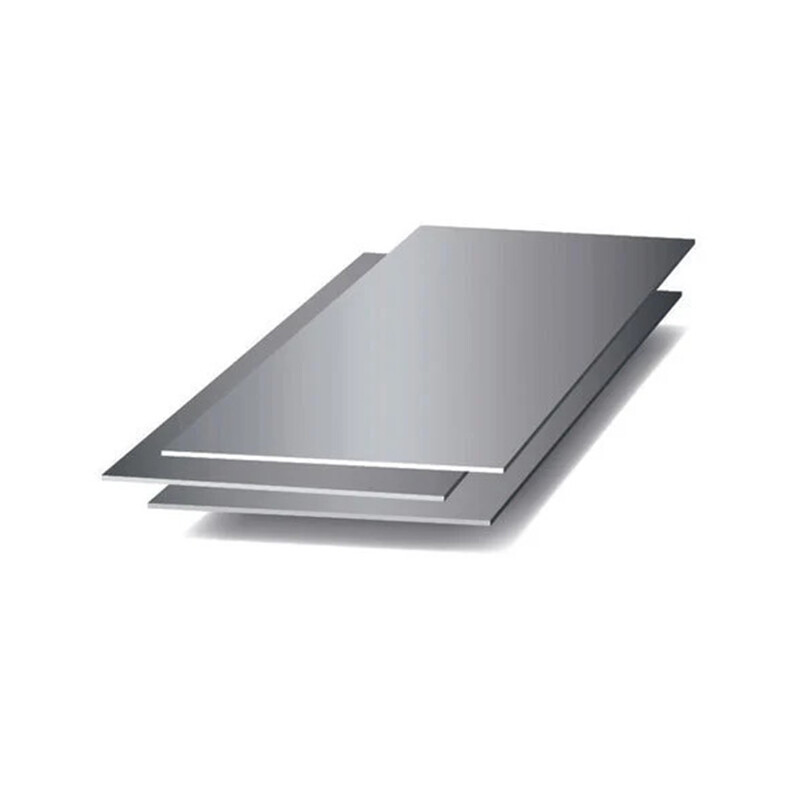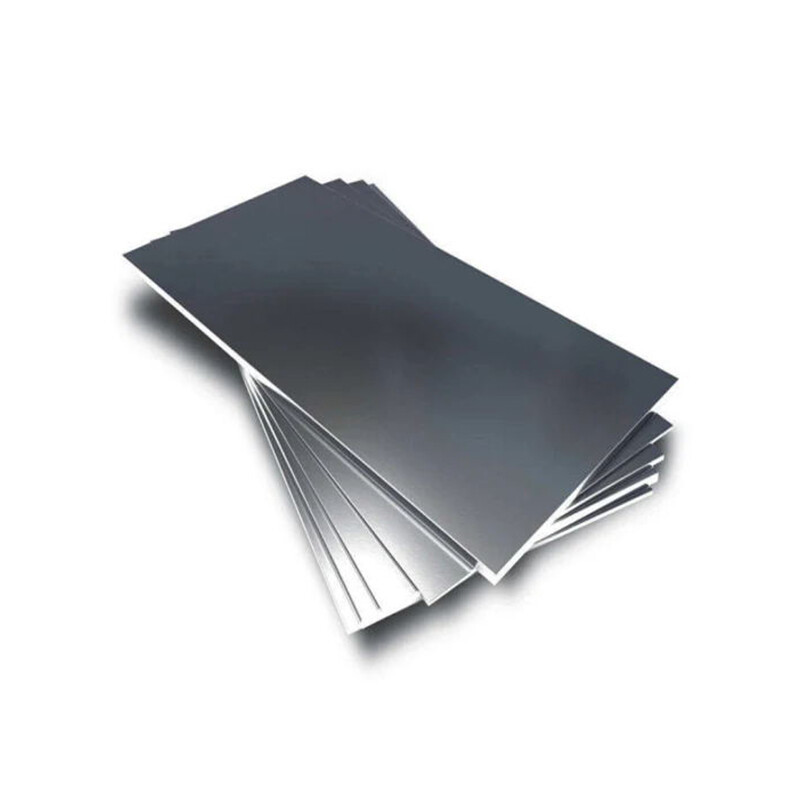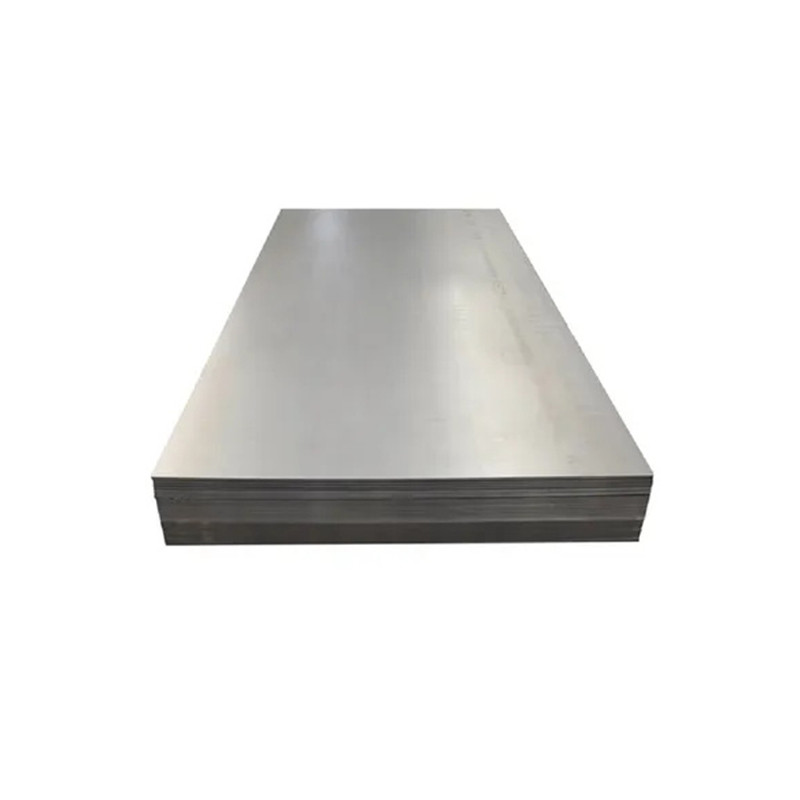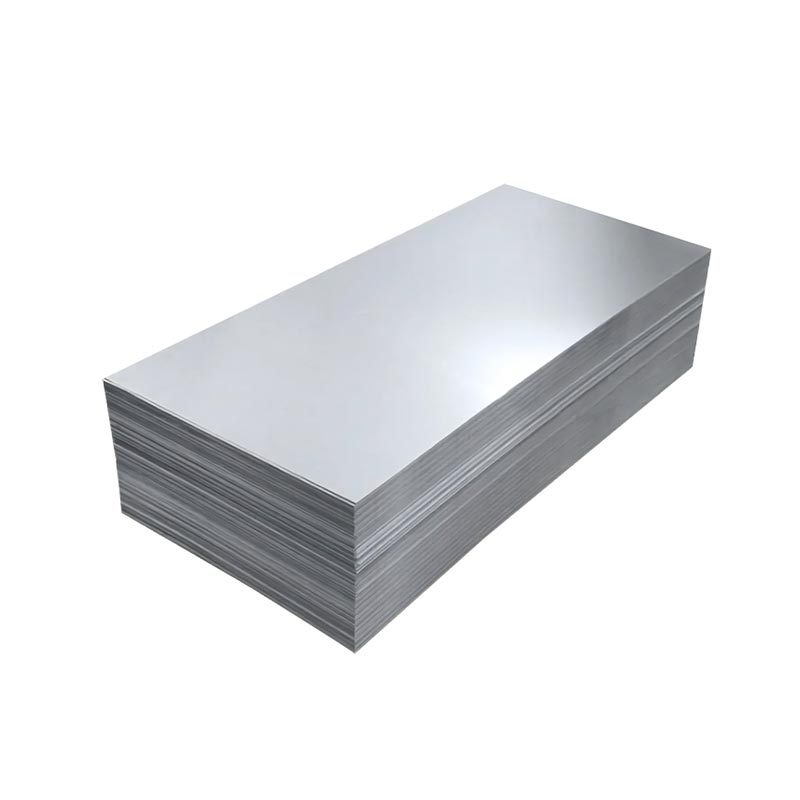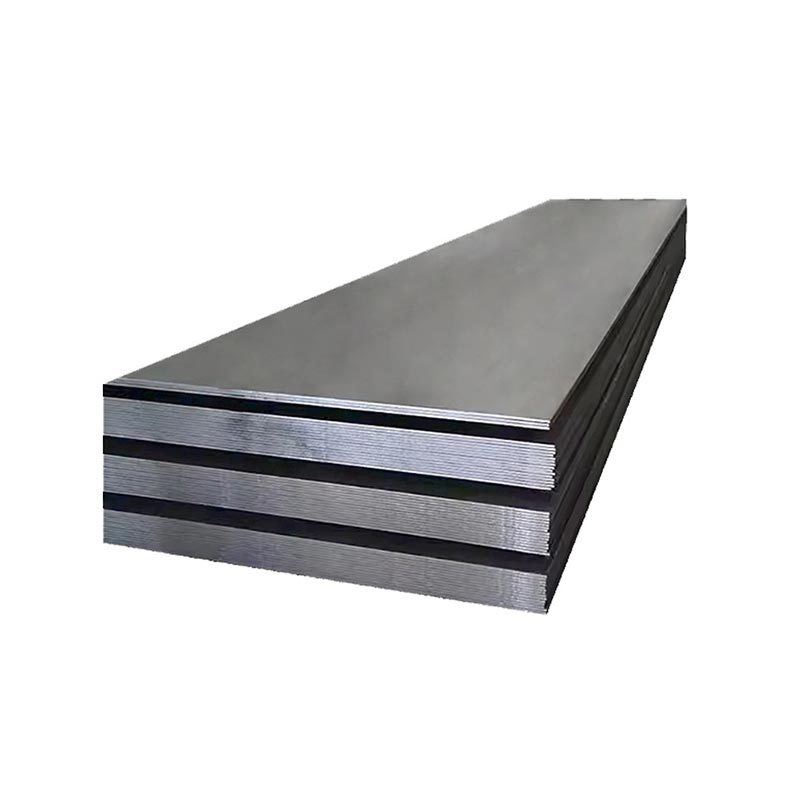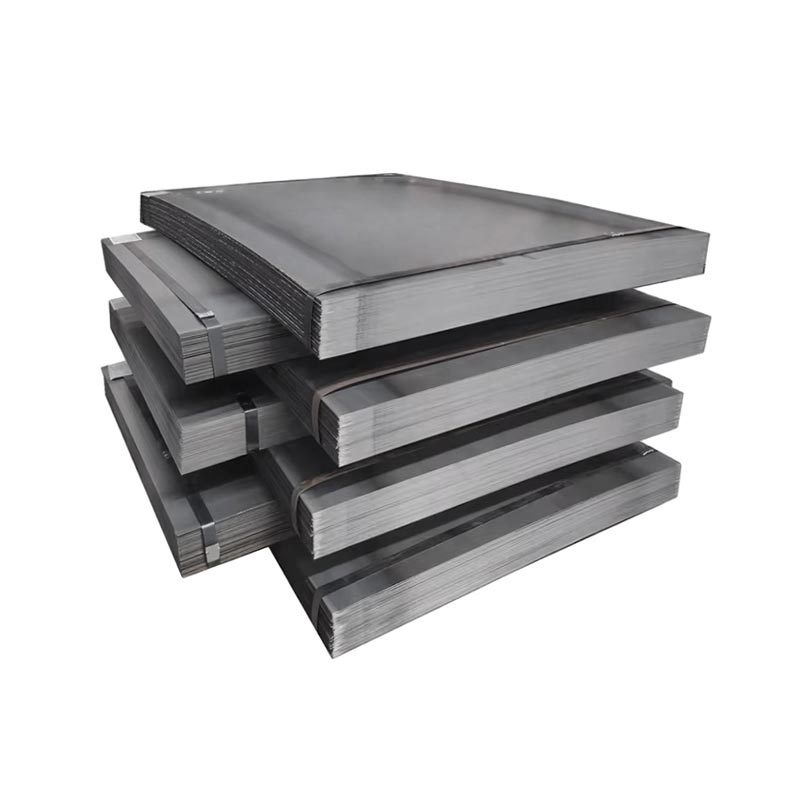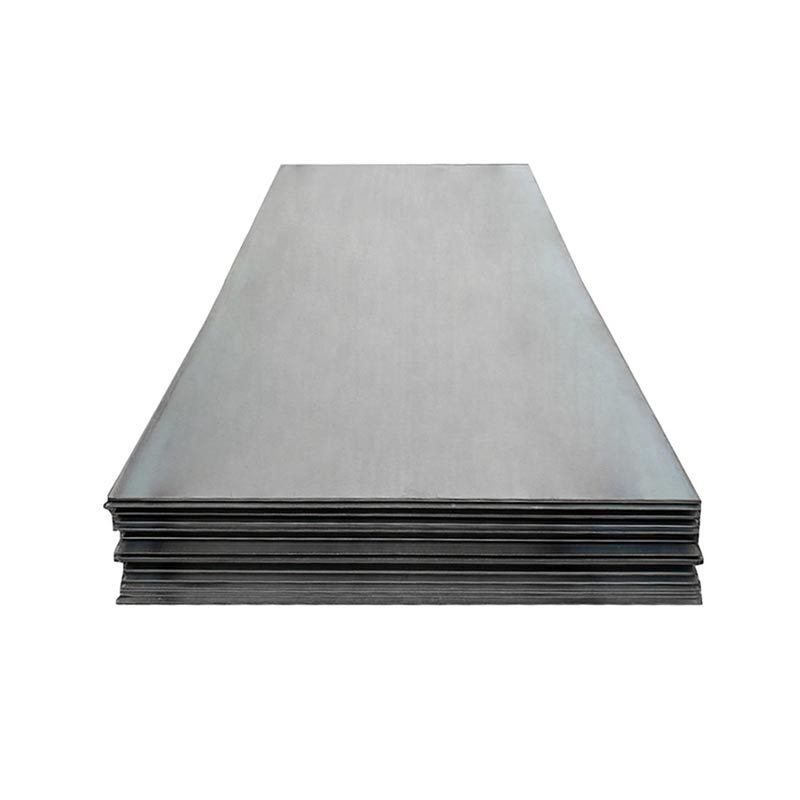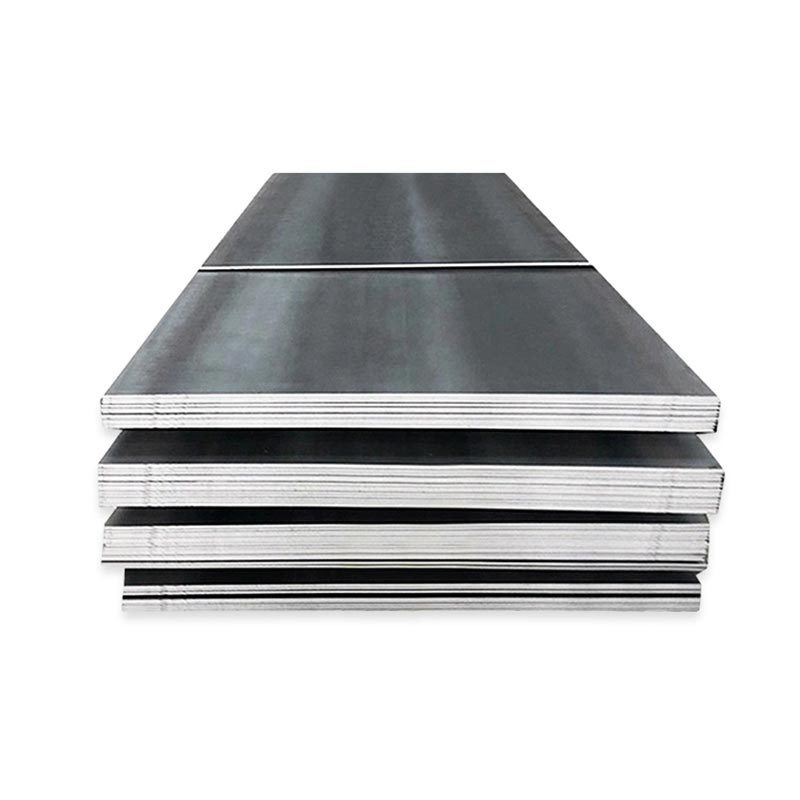Carbon Steel Coil
● A carbon steel coil is a continuous, rolled sheet of carbon steel (iron-carbon alloy) wound into a coil shape. Classified by carbon content (low, medium, high), it balances formability, strength, and cost.
● Low-carbon coils (e.g., A36) offer ductility and weldability, ideal for automotive parts or construction. Medium-carbon variants provide higher strength, used in machinery. High-carbon types are hard but less flexible, suited for tools.
● Available in various thicknesses and widths, these coils are unrolled for cutting, stamping, or forming. Common in manufacturing, construction, and metalworking, they serve as raw material for pipes, panels, and structural components.
View Video
A387 Carbon Steel Coil (Pressure Vessel Steel)
A387 is a chromium-molybdenum alloy steel coil, meeting ASTM standards for high-temperature pressure vessel service. Available in grades (e.g., 11, 12, 22) with varying Cr-Mo content, it offers excellent creep resistance and oxidation resistance at elevated temperatures. Tensile strength ranges 415–690 MPa, with good weldability under controlled conditions. Used in boilers, heat exchangers, and refinery equipment handling high-pressure/high-temperature fluids, ensuring reliability in continuous high-heat operations.
Get A Quick Quote!
You Can Leave Us A Message
or Send Us An Email!
Product Details
Product Parameters
Packaging and Transportation
Related Products
Leave Us Message
Please give us a message
What are you lookking for?

